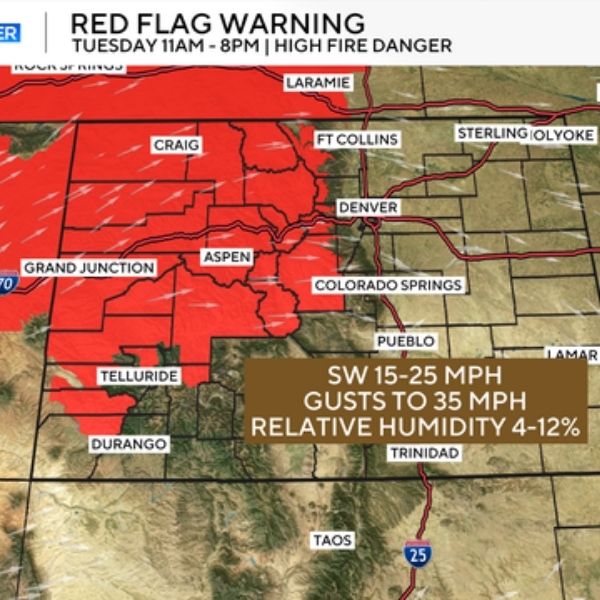Starting Wednesday, Colorado employers must take extra steps to avoid misclassifying workers and ensure full payment of wages and benefits as the state’s latest wage-theft law goes into effect.
House Bill 1001, introduced on the first day of the 2025 legislative session and approved on the final day, ramps up civil and administrative penalties for employers who break wage laws. Wage theft doesn’t just mean unpaid wages—it can also include denying breaks or benefits, failing to pay overtime correctly, or misclassifying full-time employees as contractors without benefits.
While Democrats have pushed to strengthen wage-theft laws for over a decade, their 2024 effort was vetoed. This year’s bill broadens the focus beyond construction to cover all industries, using multiple strategies to crack down on violations.
What the New Law Covers
The new law, taking effect Wednesday alongside other post-session laws, includes:
-
Fines for misclassification starting at $5,000 for a willful offense, rising to $50,000 if not corrected within 60 days.
-
Expanded enforcement allowing independent contractors to file wage-theft lawsuits, not just employees.
-
Stronger anti-retaliation rules assuming employers are retaliating if they discipline workers within 90 days of a complaint. Even beyond 90 days, workers can claim retaliation.
-
New authority for CDLE to award compensatory damages and attorney fees in discrimination or retaliation claims.
-
Tighter rules on legal fees, making it harder for employers to recover costs when lawsuits are dismissed.
-
Liability extended to minority owners holding at least a 25% stake in a business.
New Wage Claim Limits by 2026
A key provision kicks in July 2026, raising the maximum wage-theft claim CDLE can investigate from $7,500 to $13,000. Business leaders supported this change, hoping more claims would stay out of court.
According to House Majority Leader Monica Duran, the goal is faster access to unpaid wages and better protection for whistleblowers. A 2022 Colorado Fiscal Institute study estimated $728 million in annual wage theft, mostly in construction, food service, and retail.
“When employers refuse to pay for completed work, it’s like stealing from their wallet,” said Rep. Meg Froelich, a co-sponsor of the bill. “This law ensures workers get the fair pay they’ve earned.”
Business Community Raises Concerns
Employer groups support cracking down on wage theft but pushed back on some provisions. They argue that fines for employee misclassification are steep—especially when the contractor vs. employee distinction is unclear—and that the anti-retaliation clause makes disciplining rule-breaking workers difficult.
Luke Gilewski, a Littler law firm associate who focuses on wage and hour cases, advised employers to review their contractor classifications now. Misclassifying someone doing core business work could lead to $10,000 per-worker fines if not fixed quickly—even for unintentional mistakes.
“One thing businesses can do is review whether contractors are doing the same work as your W-2 employees,” Gilewski said.
He also stressed that retaliation protection needs to be airtight, and that responding swiftly to wage-theft claims is essential. CDLE can waive penalties if employers resolve complaints within 14 days.
“Starting July 2026, workers will be more motivated to file complaints,” he added.
Because the new law favors CDLE administrative action over drawn-out lawsuits, lawmakers say workers will see faster resolutions. The department will also publish violators online and report them to licensing agencies, where additional penalties could apply.

Katie is a senior who has been on staff for three years. Her favorite type of stories to write is reviews and features. Katie’s favorite ice cream flavor is strawberry.















Leave a Reply